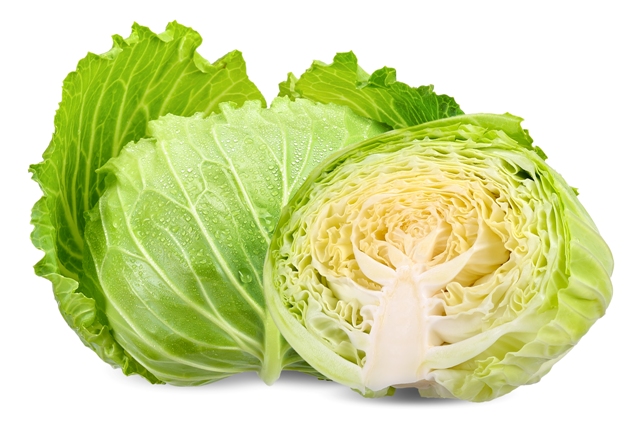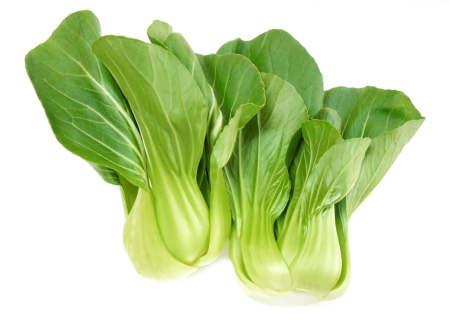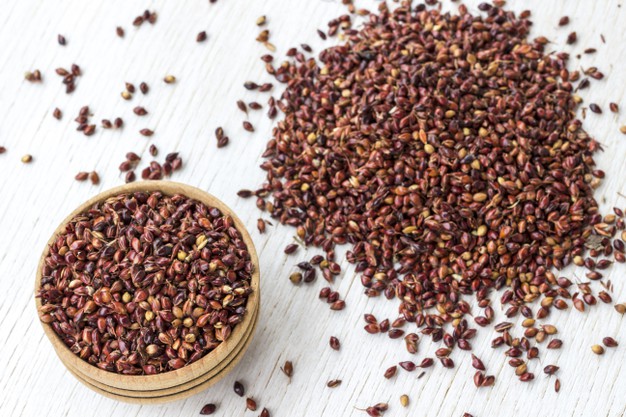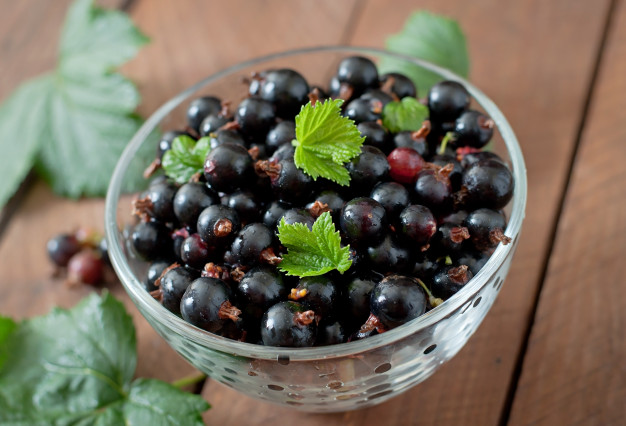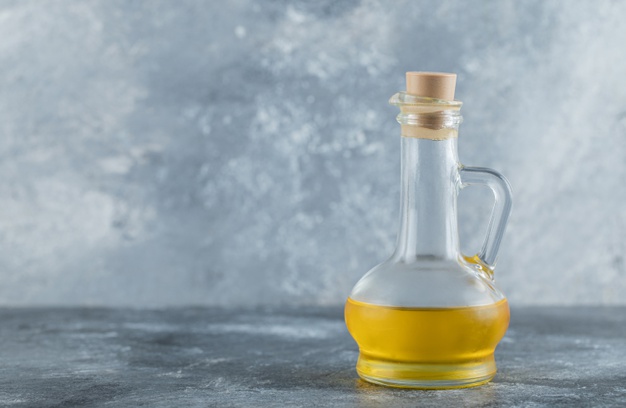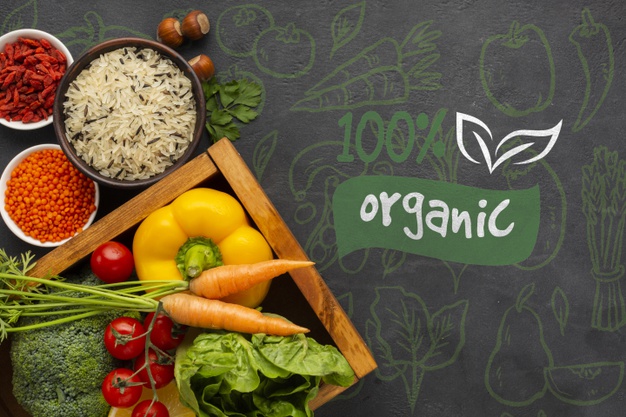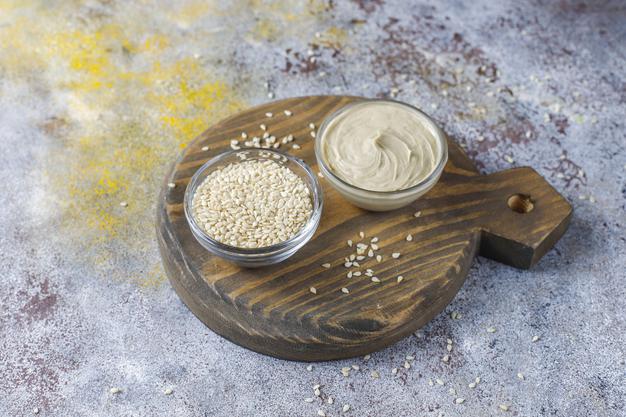Cabbage is a nutritious vegetable belongs to Brassica family and has been used for centuries for various medicinal purposes
Nutritional profile
- It contains lesser amount of carbohydrate and mainly composed of dextrose, fructose, maltose and sucrose
- It contains significant amount of fiber
- It contains too some extent of proteins as well
- It contains negligible amount of fat thus it is considered as a low fat food
- It does not contribute enough calorie on its oxidation due to its poor carbohydrate and fat contents
- It contains adequate moisture as well
- It is loaded with several important vitamins such as vitamin C, vitamin K, vitamin A, vitamin E, vitamin B1, B2, B3, B5, B6 and B9
- It also contains various imperative minerals which include calcium, phosphorus, manganese, magnesium, sodium, potassium, selenium, zinc and copper
- It contains choline as well
- It is packed with various important phytonutrients that offer various nutraceutical activities
Biological activity
Antioxidant activity
It is loaded with antioxidants that help to prevent oxidative stress by neutralizing free radicals
Anti-inflammatory activity
Glutamine is an important component of cabbage that exerts potent anti inflammatory activity which helps in preventing inflammation, swelling and pain

Anti-carcinogenic activity
It has the ability to fight against cancer cells and can hinder their growth. It is also associated with slowing down cancer cell proliferation and can inhibit the activity of the enzyme histone deacetylase, which is involved in the progression of cancer cells. It is especially very effective against breast cancer
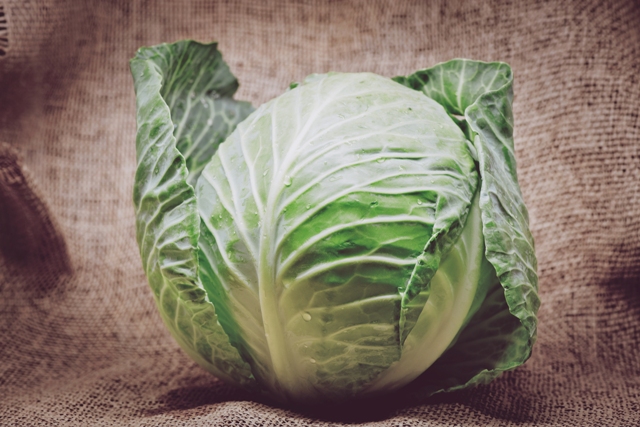
Health benefits
Role on digestive health
- Being a fiber rich food consumption of cabbage is considered as a healthy choice for giving the digestive health a boost
- It is very effective to prevent constipation. Its glucosinolate and fiber component are responsible for retaining water which ultimately help in bulking up the bowel movement as result facilitated deification
- It is also very useful for healing ulcers
- Fiber present in cabbage also plays vital role in improving gut health as it helps in promoting the growth of intestinal beneficial microbes
Role on weight management
- Individual who want to lose their body weight in a healthier manner should try cabbage
- Fiber present in cabbage plays vital role in facilitating weight reduction as it helps in exerting a feeling of satiety by delaying stomach emptying which ultimately hinders appetite as a result reduces overfeeding hence minimizes calorie consumption
- Though it is considered as a low calorie food but it contains significant amount of vitamins and minerals thus it is considered as a healthy option to provide essential nutrients to the body with very fewer calories
- As it is low in calorie thus its consumption is not related with increasing the fear of gaining weight too

Role on eye health
- Consumption of cabbage is very useful for promoting eye health as it contains beta carotene
- It is also associated with improving vision
- It helps to reduce the prevalence of macular degeneration
- It has also seen that consumption of cabbage may delay the progression of cataract formation
Role on brain health
- Consumption of cabbage is extremely beneficial for promoting the growth and activity of brain as it contains several important nutrients which act as the building blocks for brain
- It is rich in B vitamin among which specially vitamin B6 helps in improving the activity of brain
- It contains iodine as well, which is also responsible for the development of central nervous system
- It is also associated with maintaining the structural integrity of the brain as well as the nervous system
- Individual suffer from Alzheimer disease should include cabbage in their diet as it helps in improving the symptom by reducing the level of tau proteins within the brain
- It helps to boost the memory as well

Role on skeletal health
- Being a cruciferous vegetable consumption of cabbage is thought to be very effective for improving skeletal health
- Its calcium and phosphorus components help in bone mineralization thus help in improving bone mass and density
- Magnesium present in cabbage helps in bone metabolism
- Vitamin K of cabbage also helps in promoting the growth of skeletal system as it helps in synthesizing the proteins, which are essentially required for healthy bone formation
- Moreover consumption of cabbage is believed to be very beneficial for strengthening bones, cartilage, joints and ligaments
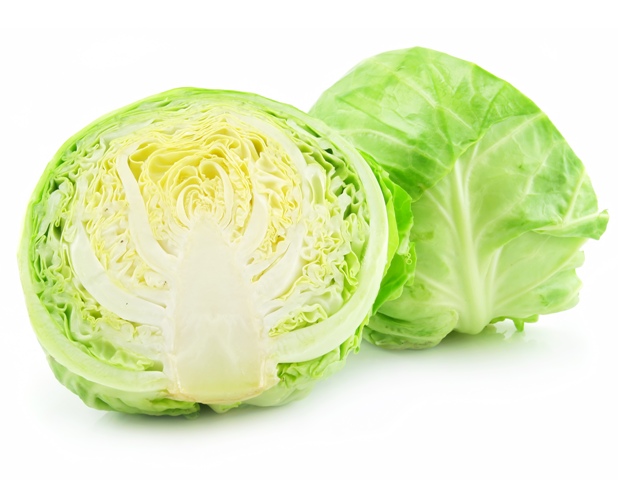
Role on skin
- It is better to include cabbage in diet in order to obtain a healthy and flawless skin
- Its vitamin C content plays vital role in improving skin elasticity by promoting collagen synthesis
- Its antioxidant activity is also associated with protecting the skin from oxidative damages as a result reduces the risk of developing dermal disorders
- It helps in preventing aging to
- It is also associated with protecting the skin from the harmful effects of UV radiation
- It helps to repair any skin damages and also helps in wound healing
- It significantly reduces the prevalence of dry skin and wrinkling

Therapeutic uses
It has been traditionally used from various therapeutic purposes which include –
- It is used as an imperative therapeutic substance that helps to boost up the overall immunity of the body. Its micronutrients and phytonutrients components play vital role in improving the immunological responses of the body as a result lower the susceptibility of becoming ill. Vitamin C of cabbage is also considered as one of the most important nutrients required for maintain a strong immune system
- It is also considered as an effective energy booster as it contains adequate amount of B vitamins. Vitamin B1, B2, B3 and B6 act as coenzyme and participate in various metabolic reactions which ultimately ensure a healthy metabolism
- It is also very effective for providing relief from migraine or headache
- It helps to prevent muscle ache as well
- It plays imperative role in decreasing the concentration of cholesterol. It phytosterol content has structural similarity to cholesterol and helps to reduce the level of LDL cholesterol in body by blocking the absorption of LDL cholesterol from intestine.
- It is also associated with promoting cardio vascular health as it contains various cardio protective nutrients. Phenols present in cabbage act as potent antioxidant that help to protect the heart from oxidative damages whereas its anti inflammatory activity is also responsible for preventing the onset of cardio inflammatory events, which subsequently reduce the risk of developing cardio vascular diseases
- It also helps to prevent hardening of blood vessels by inhibiting plaque formation (due to deposition of fat within blood vessels), as a result promotes blood flow and minimizes the risk of developing arthrosclerosis and blockage
- It helps to reduce the prevalence of heart attacks and strokes
- Potassium present in cabbage helps in reducing elevated blood pressure
- It is also very effective for preventing arrhythmia
- It helps in promoting the health and activity of connective tissue and also accelerates the wound healing process

Culinary uses
It can be consumed in raw or cooked form and can also be added to a large variety of dishes like –
- It can be consumed with salads
- It can also be used for preparing soups
- It can be consumed with stews as well
- It can be added to slaws too
- It can be utilized for preparing sauerkraut
Risk factors
Excessive consumption of cabbage may cause flatulence and blotting whereas individual with hypothyroidism should avoid its consumption
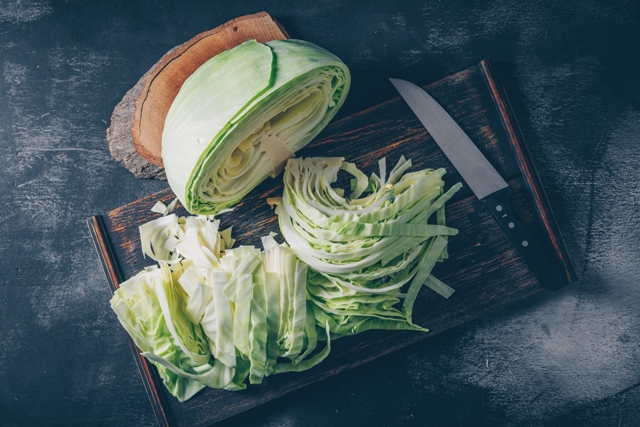
Source:
Alexandra, Ș.I.M. and Andreea Daniela, O.N.A., CABBAGE (BRASSICA OLERACEA L.). OVERVIEW OF THE HEALTH BENEFITS AND THERAPEUTICAL USES.
Draghici, G.A., Alexandra, L.M., Aurica–Breica, B., Nica, D., Alda, S., Liana, A., Gogoasa, I., Gergen, I. and Despina-Maria, B., 2013. Red cabbage, millennium’s functional food. Journal of Horticulture, Forestry, and Biotechnology, 17(4), pp.52-55.
Manchali, S., Murthy, K.N.C. and Patil, B.S., 2012. Crucial facts about health benefits of popular cruciferous vegetables. Journal of functional foods, 4(1), pp.94-106.
Moreb, N., Murphy, A., Jaiswal, S. and Jaiswal, A.K., 2020. Cabbage. Nutritional Composition and Antioxidant Properties of Fruits and Vegetables, pp.33-54.
Sanlier, N. and Guler, S.M., 2018. The benefits of Brassica vegetables on human health. J. Hum. Health Res, 1(1), pp.1-13.
